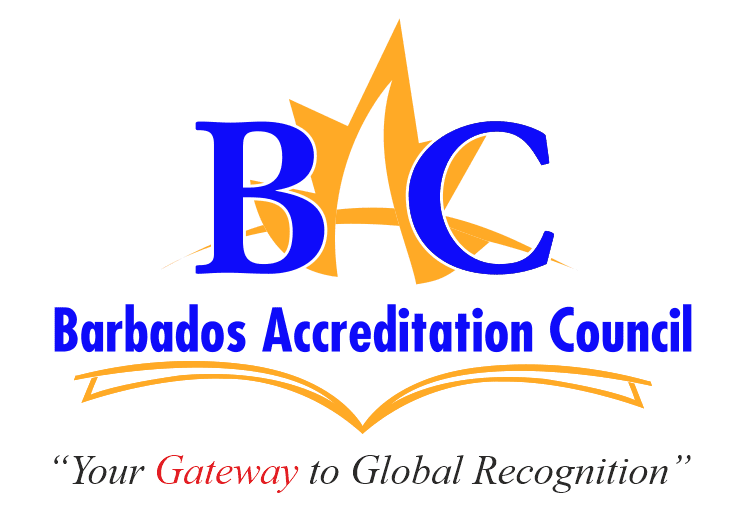Diploma mills and fake qualifications are becoming more pervasive worldwide and their methods of presenting an authentic front are even more sophisticated. Many diploma mills are supported by accreditation mills, which are organisations that tend to have no legal or academic value. Additionally, diploma mills may use terms such as ‘accredited’, ’recognised’ and ‘certified’ to align themselves with an accreditation mill to legitimise their operations. But while terms like ‘accredited’, ‘recognised’ and ‘certified’ are valid, these terms can only be authenticated and legitimized by quality assurance agencies and other competent authorities such as, the Barbados Accreditation Council, which have the tools and expertise to investigate the authenticity of educational institutions, programmes, and credentials.
Diploma mills and fake qualifications are not going anywhere anytime soon. Do a quick search for ‘fake degrees’. What did you see? In our brief search using Google, one of the top sites listed in the results was “PhonyDiploma.com”. Here, persons are told to buy fake college/university and high school qualifications. An important selling point and persuasive tagline used by this site was “cheaper than tuition”. The selling of fake degrees is big business.
What can you do to protect yourself from fraud?
Not only learners, but employers and educational providers must be vigilant and aware of fake credentials and must protect their organisations. Employers must know that diploma mills persuade unsuspecting learners as well as ‘unrecognised’ institutions especially those that openly advertise fake degrees-exist.
To protect yourself from fraud, it is important to ensure the institution you wish to attend or programme you want to pursue is legitimate and recognised by the component authority in its home country. Likewise, employers must seek to verify the authenticity of the qualifications presented by prospective employees to ensure that the credentials were obtained from legitimate organisations and by that prospective employee.
At the Barbados Accreditation Council, there are services that can protect you and/or your organisation from costly mistakes. These are the Recognition of Institution and/or Programme and Recognition and Verification of Qualification services.
When should you apply for the service?
Before studying – Check the recognition status of the institution and/or programme of interest.
While studying – There are instances where learners have embarked on studies without ensuring the legitimacy of the institution and/or programme(s) being pursued. At this point, it is not too late to check. Therefore, no matter where you are in your studies, it is always wise to verify the recognition status of the institution and programme(s) being pursued.
After studying – You may have already completed a programme and now you are unsure whether your qualification is recognised. Check with the Barbados Accreditation Council to find out about the status of the institution you attended and the programme you pursued.
Before you hire – with the prospective employee’s consent, apply to the Barbados Accreditation Council or better yet, direct the prospective employee to the Council to verify the qualification(s). Before you hire, employers are encouraged to:
• always ensure that the qualifications you receive are authentic and recognised, and
• find out whether the prospective employee is the true holder of the qualification.
Don’t be tricked! – Make sure that the qualification you receive is legitimate. Apply to the Barbados Accreditation Council for one of its recognition services today.
Barbados Accreditation Council
info@bac.gov.bb
